The legal issue is the degree to which law limits company_s discretion in licensing its intellectual property.
Published:
14 February 1999 y., Sunday
On Feb. 23, the curtain goes up on the other big high-tech trial in Washington, D.C.--the Federal Trade Commission_s case against Intel Corp. Compared with the Microsoft Corp. trial, this dispute will seem less dramatic. On its face the case addresses concerns about Intel_s contracting policies; the real legal issue, however, is the degree to which antitrust law limits a tech company_s discretion in licensing its intellectual property. The speed with which new technology comes to market depends upon the industry_s ability to sidestep intellectual property conflicts using licensing and cross-licensing agreements; thus, any limits the FTC imposes on the right to negotiate and enter into these agreements could affect the industry significantly. Intellectual property (patents, copyrights and trademarks) is the only truly bankable product the high-tech industry produces. In many instances, its value can be realized only when it is combined through licenses and cross-licenses with intellectual property owned by others. Often thousands of technology patents, copyrights and trademarks held by hundreds of companies are licensed and cross-licensed to produce a single product. Given the thicket of intellectual property rights in this industry, even giants such as Intel, Microsoft and Compaq Computer Corp. cannot deploy new technologies without first licensing intellectual property. Intel, like many high-tech companies, regularly conditions the granting of a license to its technology on the licensee_s willingness to grant Intel a reciprocal cross-license to use the licensees technology. This has created a highly efficient, barter-based market that has helped clear away the potential infringement claims that might delay the deployment of new technology. The FTC became involved when one of the participants refused to barter. Workstation manufacturer Intergraph Corp. (Huntsville, Ala.), which had acquired the Clipper RISC (reduced instruction set computing) processor from National Semiconductor Corp., refused to cross-license certain Clipper-related technologies to Intel -even though Intergraph had licensed Intel_s technology. Intergraph eventually sued Intel for patent infringement, and Intel revoked Intergraph_s license. Other Intel dustups involving Compaq and Digital Equipment Corp. apparently prompted the FTC to act.
Šaltinis:
Internet
Copying, publishing, announcing any information from the News.lt portal without written permission of News.lt editorial office is prohibited.
The most popular articles
 Today, the Commission published a Communication which outlines the most serious tax problems that EU citizens face in cross-border situations and announces plans for solutions.
more »
Today, the Commission published a Communication which outlines the most serious tax problems that EU citizens face in cross-border situations and announces plans for solutions.
more »
 The European Commission has opened a formal investigation under EU state aid rules to examine a number of support measures, including several capital injections and shareholder loans, that the Hungarian authorities granted to Malév-Hungarian Airlines in the context of its privatisation and subsequent renationalisation.
more »
The European Commission has opened a formal investigation under EU state aid rules to examine a number of support measures, including several capital injections and shareholder loans, that the Hungarian authorities granted to Malév-Hungarian Airlines in the context of its privatisation and subsequent renationalisation.
more »
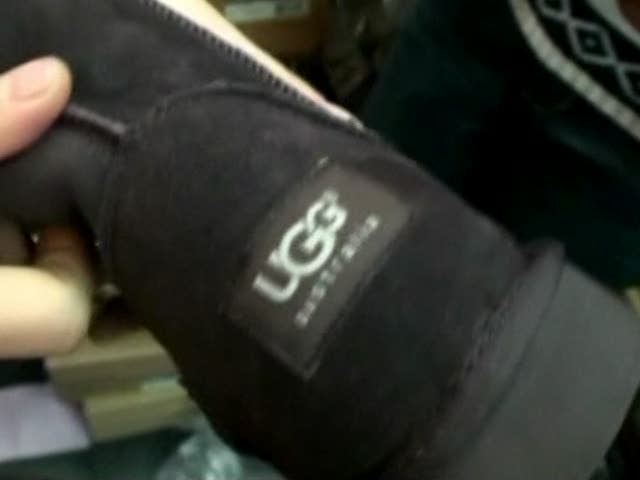 Internet and lax customs enforcement drive growth of 600 billion US dollar counterfeit goods industry.
more »
Internet and lax customs enforcement drive growth of 600 billion US dollar counterfeit goods industry.
more »
 350 million people rose out of poverty in the past decade, but 1.4 billion are still extremely poor, says the latest report into rural poverty.
more »
350 million people rose out of poverty in the past decade, but 1.4 billion are still extremely poor, says the latest report into rural poverty.
more »
 New plan sets out action to reach 75% employment target for the EU by 2020.
more »
New plan sets out action to reach 75% employment target for the EU by 2020.
more »
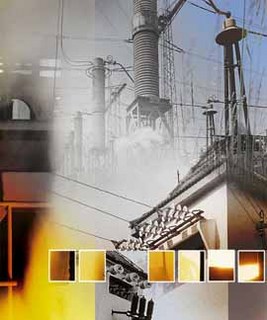 Research Ministers of the EU Member States and Associated Countries, together with the European Commission, are announcing in Brussels today three new pan–European energy research infrastructures.
more »
Research Ministers of the EU Member States and Associated Countries, together with the European Commission, are announcing in Brussels today three new pan–European energy research infrastructures.
more »
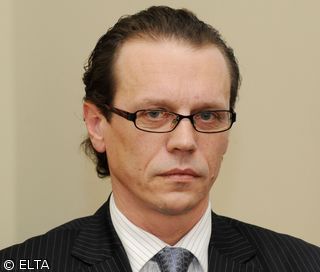 Algirdas Šemeta, Commissioner for Taxation, Customs, Audit and Anti-fraud, is visiting Moscow today to discuss ways in which customs cooperation between the EU and Russia can be reinforced.
more »
Algirdas Šemeta, Commissioner for Taxation, Customs, Audit and Anti-fraud, is visiting Moscow today to discuss ways in which customs cooperation between the EU and Russia can be reinforced.
more »
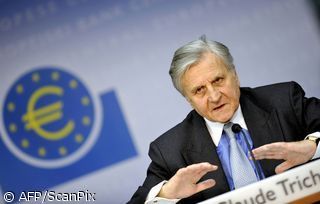 Following on from Monday's debate with ECB President Jean-Claude Trichet, MEPs on Tuesday adopted a resolution, by a show of hands, gauging the ECB's performance in 2009 and suggesting actions to be taken in view of the economic situation.
more »
Following on from Monday's debate with ECB President Jean-Claude Trichet, MEPs on Tuesday adopted a resolution, by a show of hands, gauging the ECB's performance in 2009 and suggesting actions to be taken in view of the economic situation.
more »
 The European Parliament today approved €10.5 million in European Globalisation Adjustment Fund aid to over 3,000 people in the Netherlands who lost their printing and publishing sector jobs last year, due to the economic crisis.
more »
The European Parliament today approved €10.5 million in European Globalisation Adjustment Fund aid to over 3,000 people in the Netherlands who lost their printing and publishing sector jobs last year, due to the economic crisis.
more »
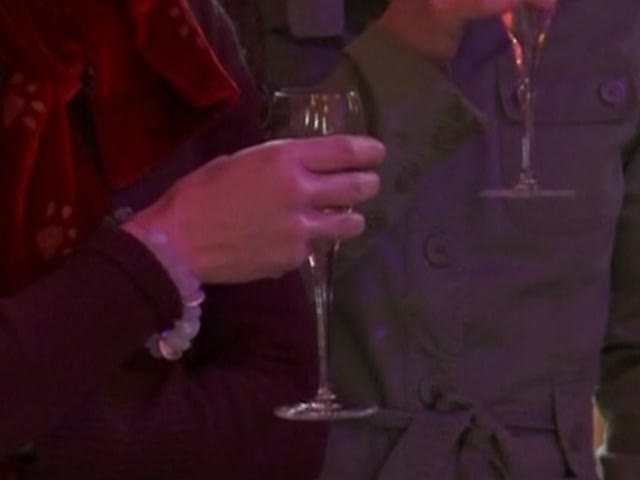 A diamond-studded gold coin engraved with a picture of the Taj Mahal and worth 100,000 euros is unveiled at the Paris mint.
more »
A diamond-studded gold coin engraved with a picture of the Taj Mahal and worth 100,000 euros is unveiled at the Paris mint.
more »